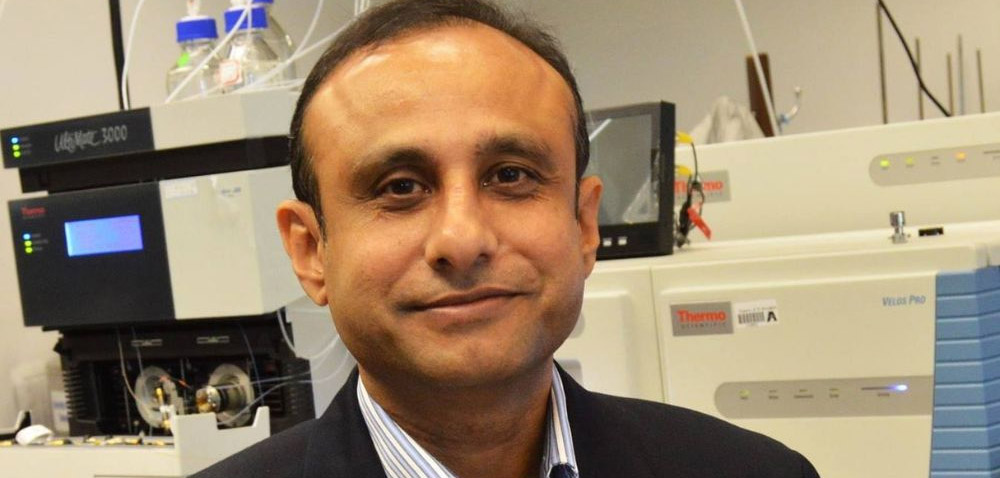
Saiful Chowdhury, associate professor of chemistry and biochemistry. [Photo: UTA ]
The University of Texas at Arlington has landed a $1.84 million federal grant to study how the body’s immune defenses can sometimes go wrong, and how that knowledge could help treat diseases like cancer.
The five-year award comes from the National Institute of General Medical Sciences, part of the National Institutes of Health, the university said in a recent announcement.
The research will be led by Saiful Chowdhury, associate professor of chemistry and biochemistry, in UTA’s Proteomics Lab. His team is known for developing new ways to study proteins that drive inflammation, a biological process linked to cancer and other chronic illnesses.
“The ultimate goal is to create a blueprint of how these immune proteins work,” Chowdhury said in a statement. “These insights could lead to new medical treatments for cancer and a wide range of inflammatory diseases.”
The team will use advanced proteomics tools to analyze how proteins behave inside cells. One of their techniques, called dual cleavable crosslinking, uses chemical connectors to link proteins together. Later, those links are split apart inside a mass spectrometer—a machine that breaks down molecules and weighs their parts.
The process produces what scientists call a “molecular fingerprint.” That fingerprint helps map how immune proteins interact and communicate, according to UTA.
By capturing both stable and fleeting protein interactions, the researchers aim to better understand how the immune system is regulated. UTA said the lab has already published findings in leading journals, including the Journal of the American Society of Mass Spectrometry and Molecular Omics.
“By combining innovative chemistry, advanced mass spectrometry, and new bioinformatics tools, we can uncover the hidden molecular interactions and modifications that drive immune defense—and, in some cases, harmful inflammation,” Chowdhury said. “This knowledge could help us design smarter drugs that reduce harmful inflammation without weakening the body’s defenses against infection.”
Don’t miss what’s next. Subscribe to Dallas Innovates.
Track Dallas-Fort Worth’s business and innovation landscape with our curated news in your inbox Tuesday-Thursday.
R E A D N E X T
-
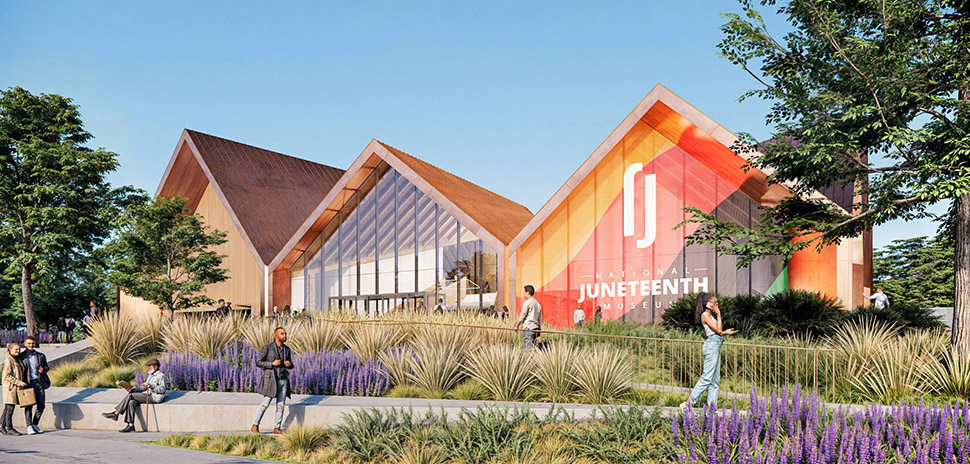
New architectural renderings by the Copenhagen-based Bjarke Ingels Group “reflects the resilience and richness of African American culture and aims to foster education, growth, and connection within the community,” the museum said.
-
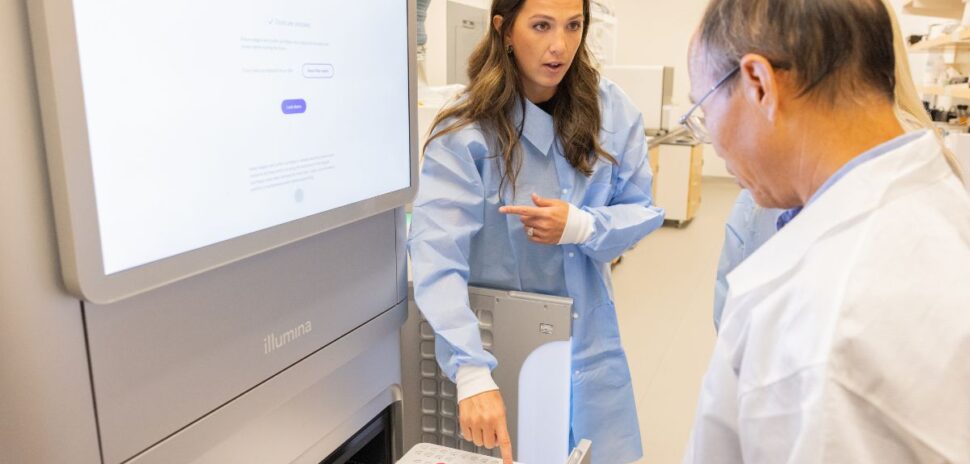
University of Texas at Arlington reported its projects contributed $59 million to the national economy last year, an increase of 39% from 2023, according to a new report from the Institute for Research on Innovation and Science (IRIS).
-
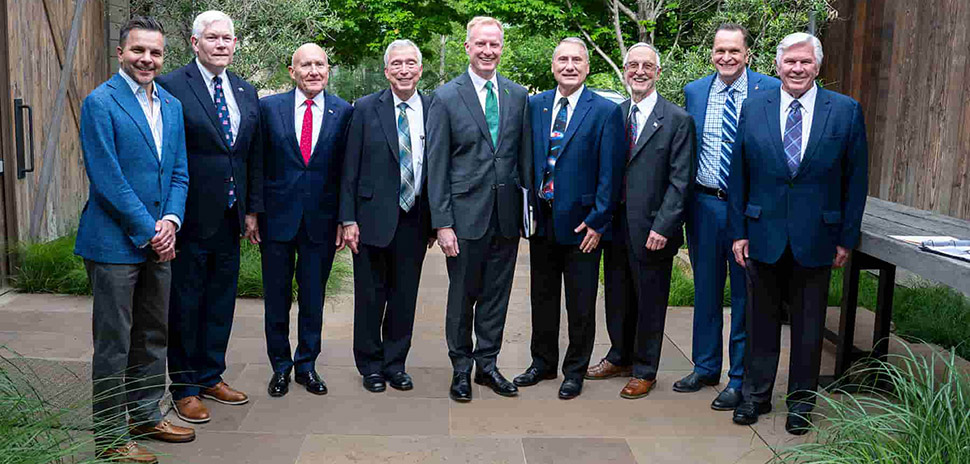
The new initiative—aimed at tackling challenges around national defense, supply chain resilience, and economic competitiveness—will serve as a research and policy hub. Its Presidential Advisory Council includes leaders from the military, government, and industry.
-
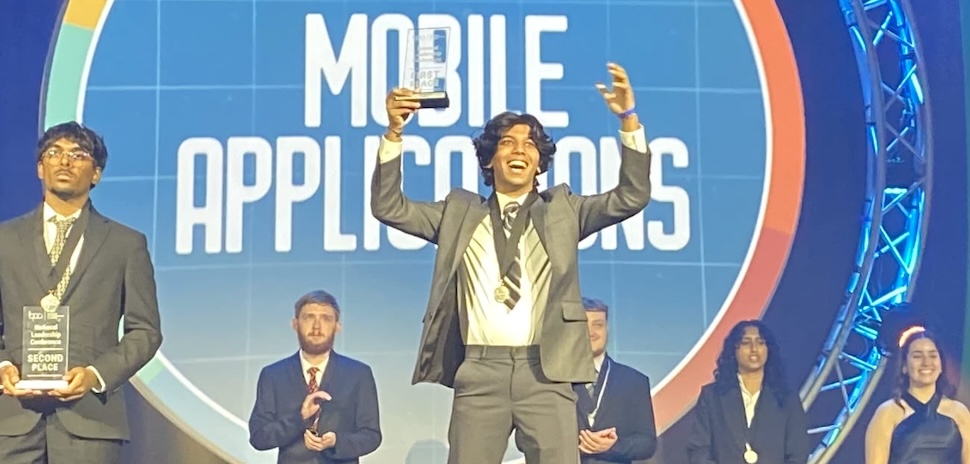
Little Elm’s Sachchit Balamurugan, an incoming senior at TOPS, flew to Japan Friday to present his ACC cancer detection app at the International Young Researchers’ Conference. He’s also won first place at a BPA national mobile app competition, won an award at the NASA Space App Challenge, started a nonprofit called Youth Opportunities in Tech Innovation—and done lots, lots more.
-
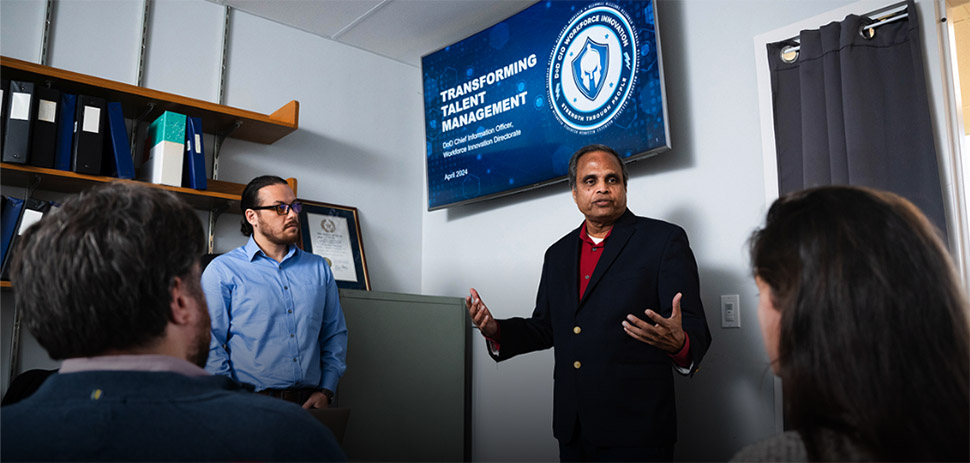
Aiming to safeguard national security using advanced AI, cybersecurity experts at the University of North Texas have received $3 million from the Department of Defense to help the department overhaul its hiring processes. The UNT researchers, led by computer science and engineering faculty Ram Dantu and Cihan Tunc, received $2.1 million in funding from the Cyber Service Academy under the DOD’s chief information officer. The rest of the funds came from the National Security Agency. “This is about ensuring we have the right people in the right positions to protect our national security. There are so many foreign actors working…